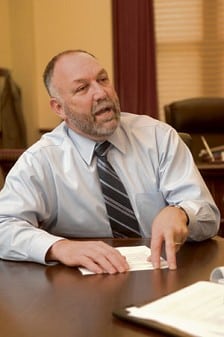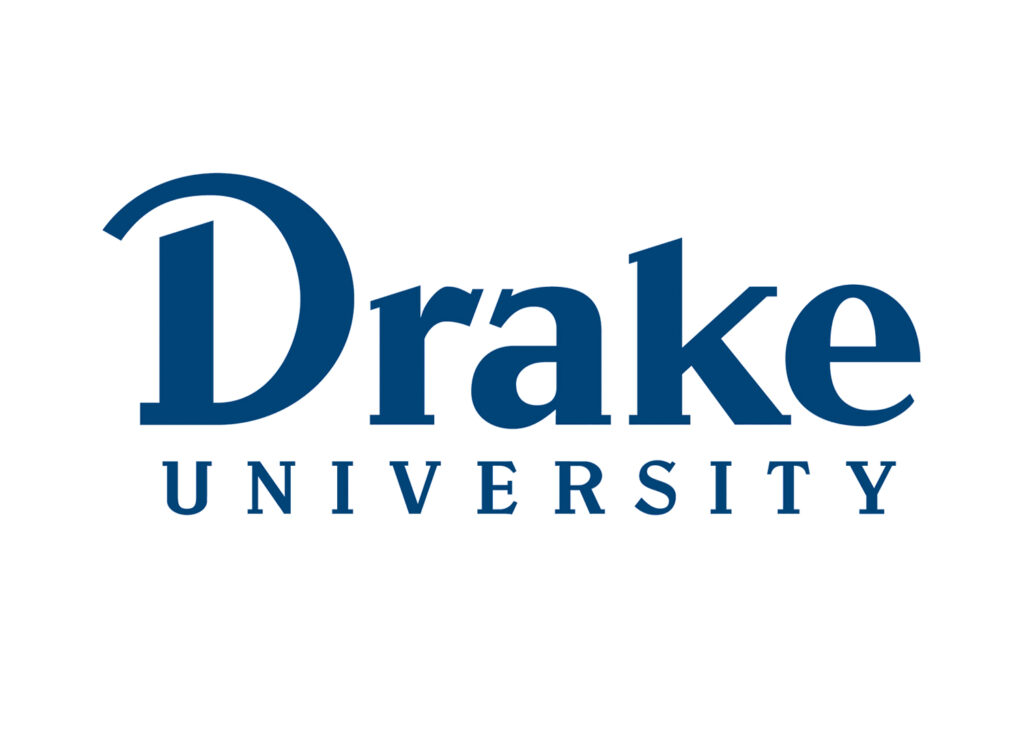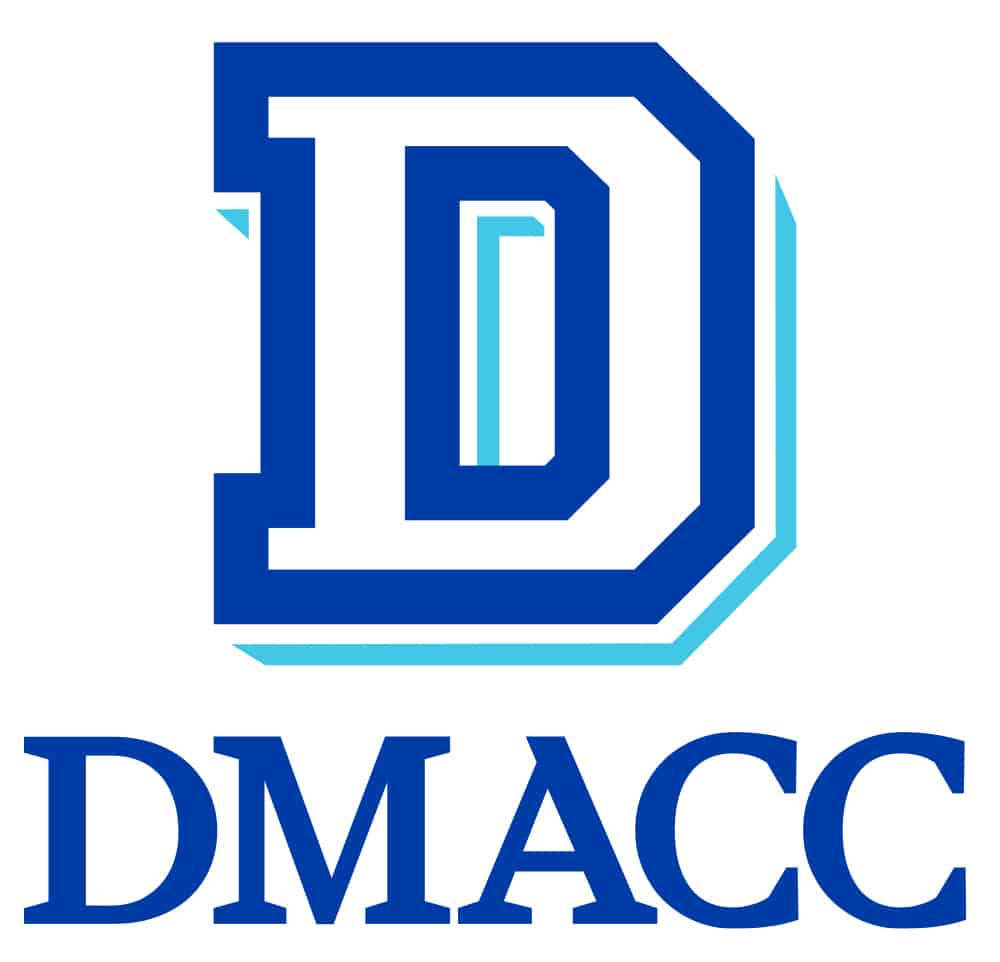One-on-one with Steven Leath
The Business Record sat down with ISU President Steven Leath to learn why he chose to come to Iowa State and get his thoughts on issues facing the university and the Central Iowa business community.
What attracted you to Iowa State?
A couple things. One, I was looking to be a university president, and I have a long history both educationally and with experience at land-grant universities. There really is a culture at land-grant universities where people want to put their heads down, work hard and serve their state. So to work at a land-grant, especially one like Iowa State that really does want to serve the state, it was really the right fit for me. So that was part of it. But then when you talk about the university specifically, a number of my department heads that I worked with at North Carolina State, who I worked side-by-side with, were Iowa State grads. Every single one of those people I met was a quality scientist, a quality faculty member, a good citizen of the university, and just loved (Iowa State). So you have this image that this is going to be a good place to be.
What has been your favorite thing about the state so far?
I think really – kind of surprising in some ways – it’s a much more interesting state than a lot of people think. People from 1,000 miles away would think Iowa is very homogeneous. They think Iowa is flat, there’s one crop, everyone is doing the same thing. You get here and it’s rolling, there’s multiple crops, there’s people with really interesting hobbies, and a real diversity of folks. I think that’s been fun to see.
We often talk about the “brain drain” of talented graduates leaving the state. What can Iowa State do to help keep them here?
It’s kind of a chicken-or-egg thing. It’s hard to recruit companies and for companies to expand if there is no labor for them, and (it’s hard to) introduce all the skilled labor if there are not jobs for them. So I think it’s a multifaceted approach, and that’s what I really like about this whole partnership idea, because it’s not just about science, it’s about jobs. Des Moines was recently named the best city to live for young professionals. So when you start to see things like that, people want to come here. They want to stay here. Companies want to come here because they know it’s great quality of life for their employees. So this has got to be many parts working together at the same time. And that’s why I think Des Moines has tremendous potential.
Gov. Terry Branstad recently put together the STEM (science, technology, engineering and math) Advisory Council. How can Iowa State be a part of that process?
If you think about it, we’re a science and technology university. Many of the science teachers come out of Iowa State. So we’re training the teachers that are teaching STEM to our young kids. We clearly have a real responsibility there. The other thing is, if we can provide access to the university, like we did when the Norman Borlaug scholars were here (for the World Food Prize Iowa Youth Institute on April 30), to show them some of the interesting programs in agricultural sciences and agricultural research and how we can really contribute to world good like Norman Borlaug did, we’ll reach those kids at an early age and get them excited about science and show them the neat things they can do.
College graduates in the state average nearly $30,000 in student debt, the third-highest amount in the nation. What can Iowa State do to alleviate that?
We have to look at a comprehensive approach to keeping costs down. I think we’ve done a lot under (former President Gregory Geoffroy’s) leadership to be more efficient, but there’s still more we can do. The more efficiencies we gain, the less costly it is on a student basis to run a university, so we’ve got to continue to look for efficiencies. And with all of our private fund-raising efforts, we’ve got to make scholarships a major priority. The more scholarships we have, the better off we’ll be. If you look at the actual price of Harvard, it’s pretty high, but most students don’t pay anywhere near that because they’ve done a tremendous job of raising assets to provide financial aid. I think we also have to continue to convince our legislature that higher education is a public good. People pay more in taxes, they contribute more, the overall quality of life improves, and the more educated our society is.
What role do you see athletics playing in the health of the university?
Athletics are, in a lot of ways, a critical role. One, they’re like the front door to a university. It’s really hard to get people excited about the university, and sometimes it’s even harder to get people to see the university as the best if the athletic programs aren’t good. People are more inclined to give even to academic programs when athletics are doing well. It plays a big social role, it plays a fund-raising role, it plays an image role, so we want to have high-quality programs that win in the right way. We’re blessed to have a really good athletic director in Jamie Pollard. He understands athletic finances probably better than just about any athletic director in the country, and he’s moved the (sports) programs to where we don’t give any general funds to athletics. They function without any academic funds, which is the right way. So we’re not taking resources away from the classroom to fund athletics.











